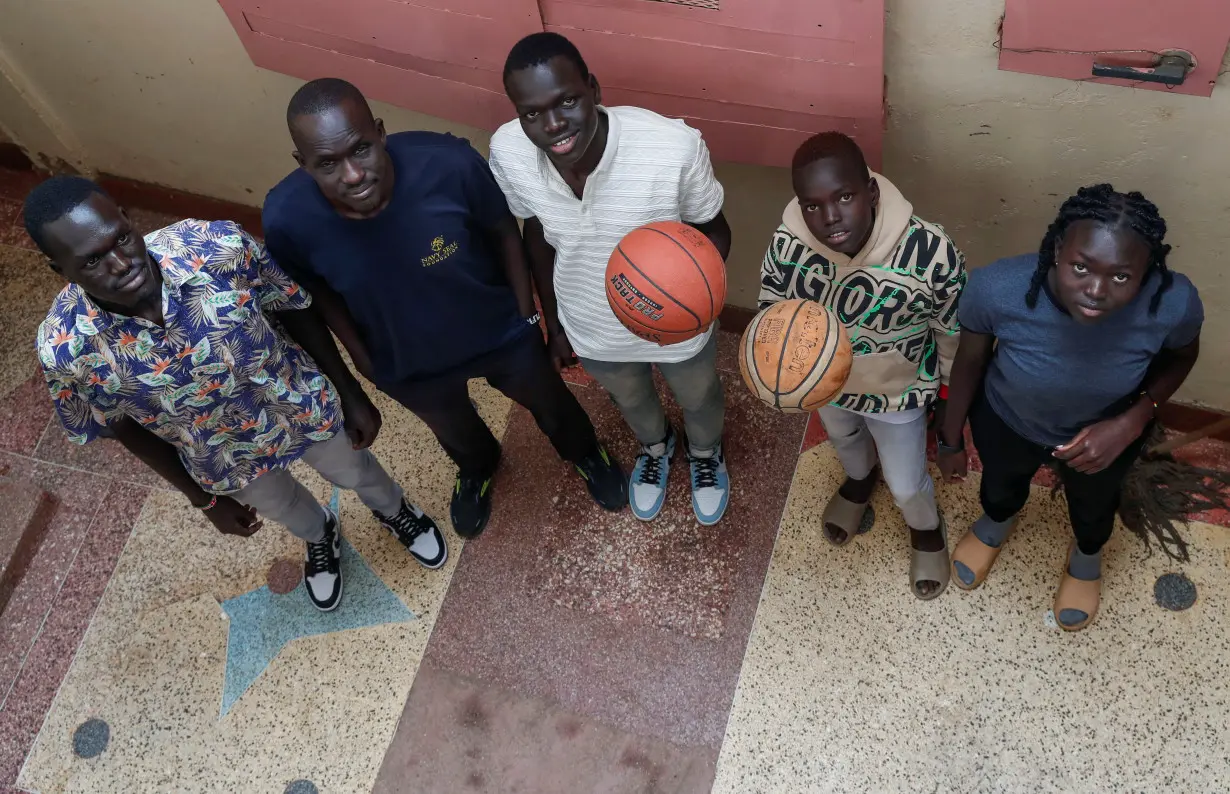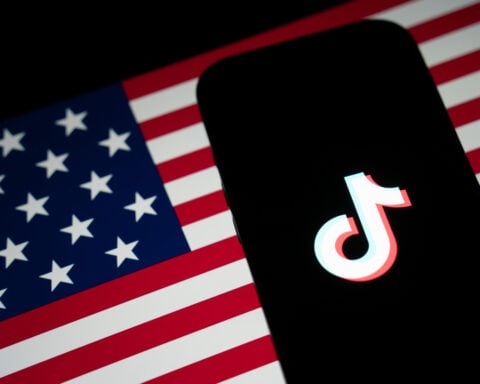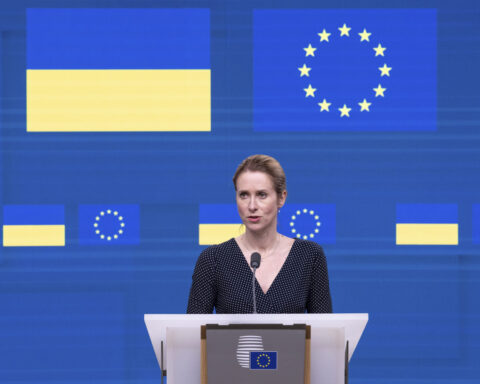By Ted Hesson and Mica Rosenberg
WASHINGTON (Reuters) - The Biden administration launched a new refugee program on Tuesday that will let U.S. sponsors nominate specific people they want to bring to the United States, an effort intended to help families reunite and involve more everyday Americans.
The program, under an initiative known as the Welcome Corps, will allow groups of five or more U.S. citizens or permanent residents to recommend a person or family to sponsor if they meet certain criteria and pass background checks, officials told Reuters. Relatives of refugees, religious groups, LGBT organizations and veterans are among those expected to participate.
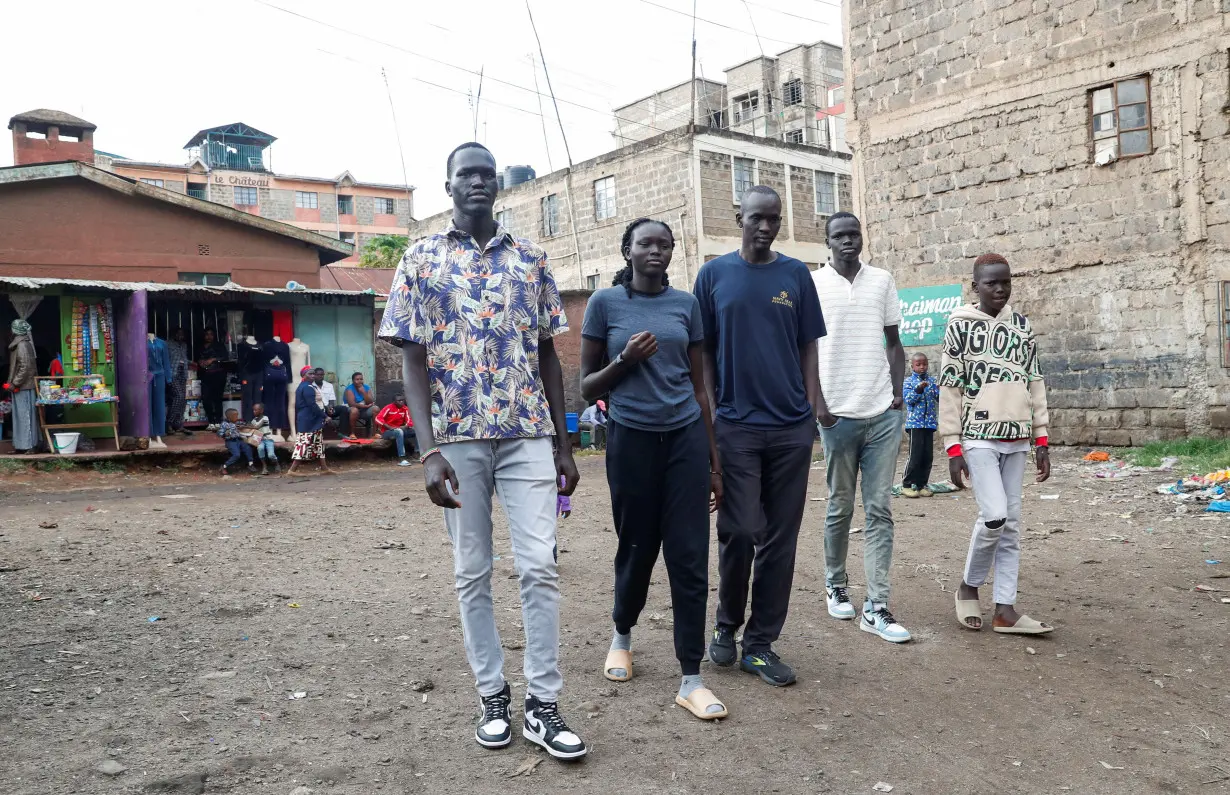
Previously, most refugees entering the United States have been referred to the U.S. government by the United Nations.
U.S. President Joe Biden, a Democrat seeking reelection in 2024, has launched a range of programs to allow migrants and people fleeing their home countries to enter the United States lawfully. The Biden administration aims to bring in 10,000 refugees through sponsorships as part of an overall goal of 125,000 refugee admissions in fiscal year 2024.
Under U.S. law, refugee status is reserved for people who apply from abroad while migrants already in the U.S. can apply for asylum.
Although refugees are vetted and enter legally, some Republicans have called for tighter restrictions. Republican former President Donald Trump, the leading candidate for his party's presidential nomination, slashed refugee admissions while in office and is vowing another immigration crackdown if reelected.
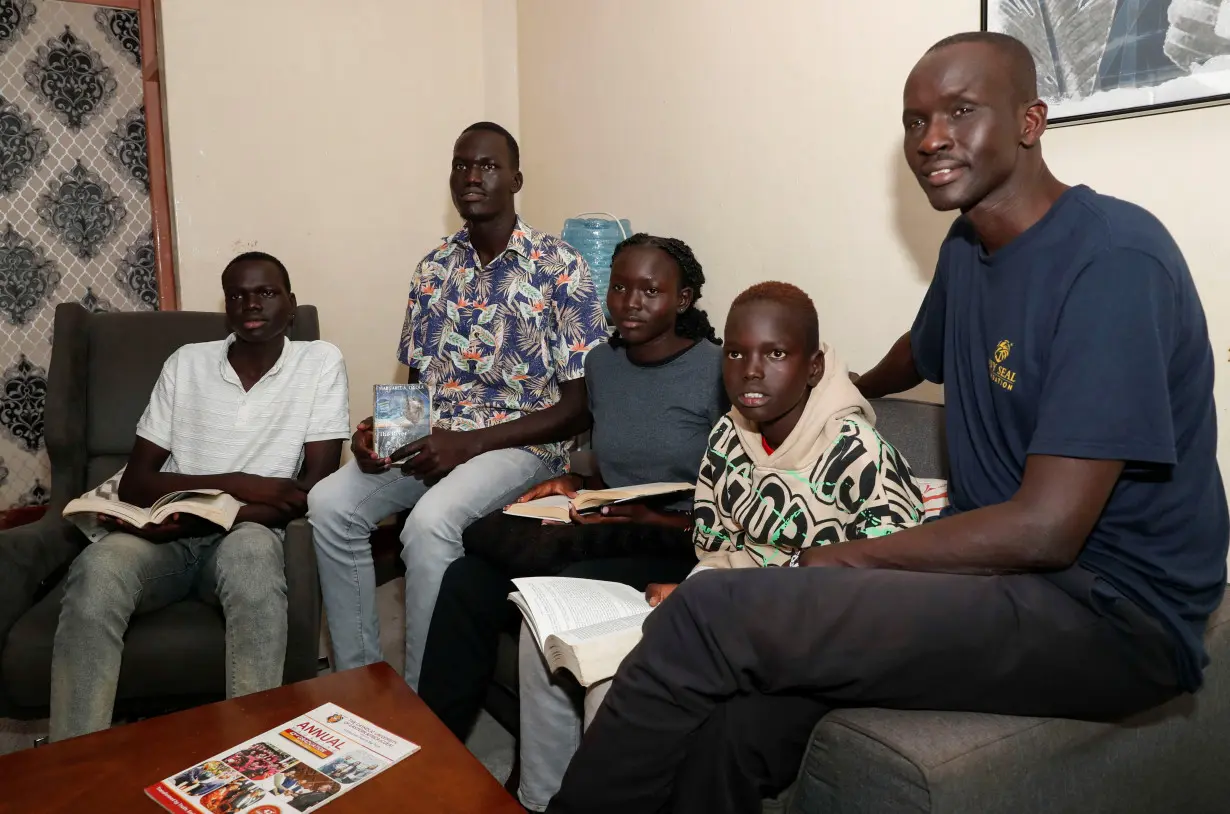
Sarah Cross, a State Department deputy assistant secretary, said in an interview that Americans want to aid refugees and that sponsorships make that easier.
"This program taps into the tremendous capacity and willingness of our communities to help people arrive in safe, orderly and legal ways with the support that they need, which should appeal to any administration," Cross said.
REUNITING FAMILIES
Mangok Bol, a 45-year-old Sudanese refugee who arrived in the U.S. more than two decades ago, already plans to apply to bring over family members through the new program.
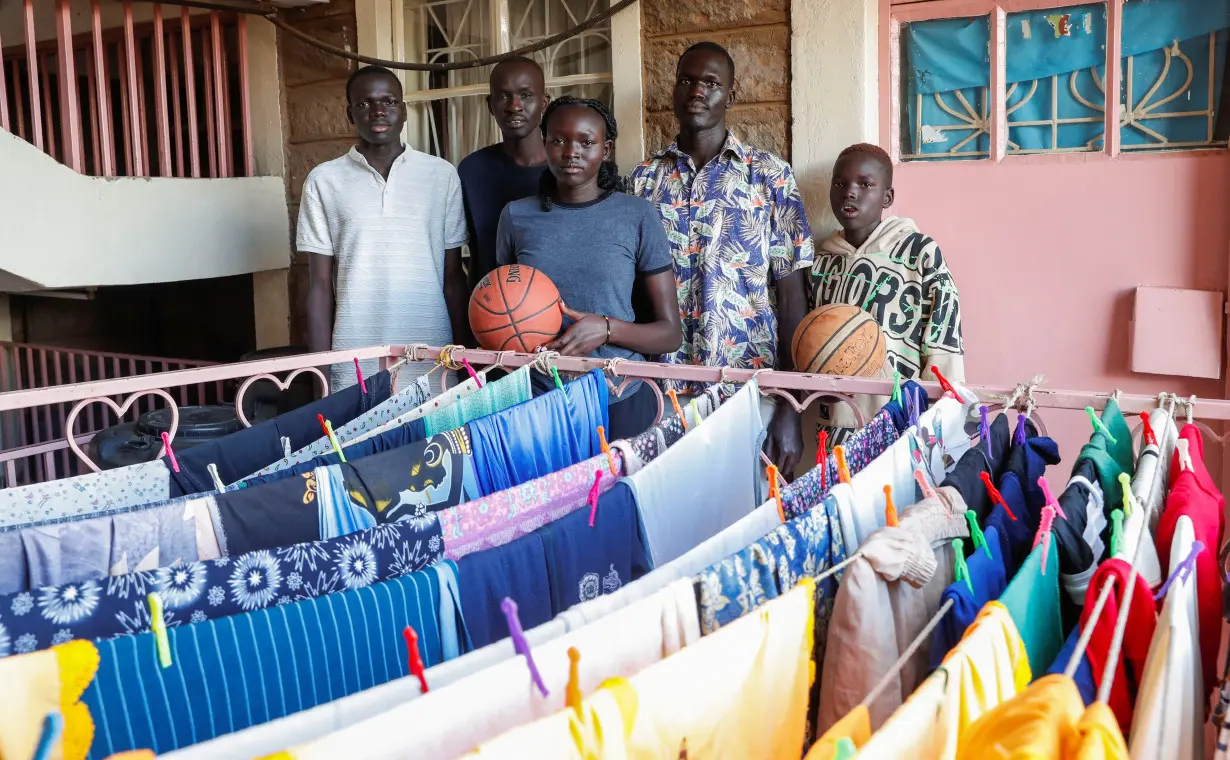
Bol fled Sudan as a child during a civil war in the 1980s and was among some 20,000 children who were separated from their families and walked across several countries, a group known as the "Lost Boys."
He eventually resettled in the U.S. in 2001, attended college, and now works as a program administrator at Brandeis University in Massachusetts.
But Sudan's troubles continue to haunt him. Bol learned in 2014 that his brother and his brother's pregnant wife had been killed when conflict erupted in their hometown.
After their parents were killed in front of them, a rival tribe abducted four of their seven children, he said, an incident that drew media attention and assistance from then-U.S. Ambassador to the United Nations Samantha Power.
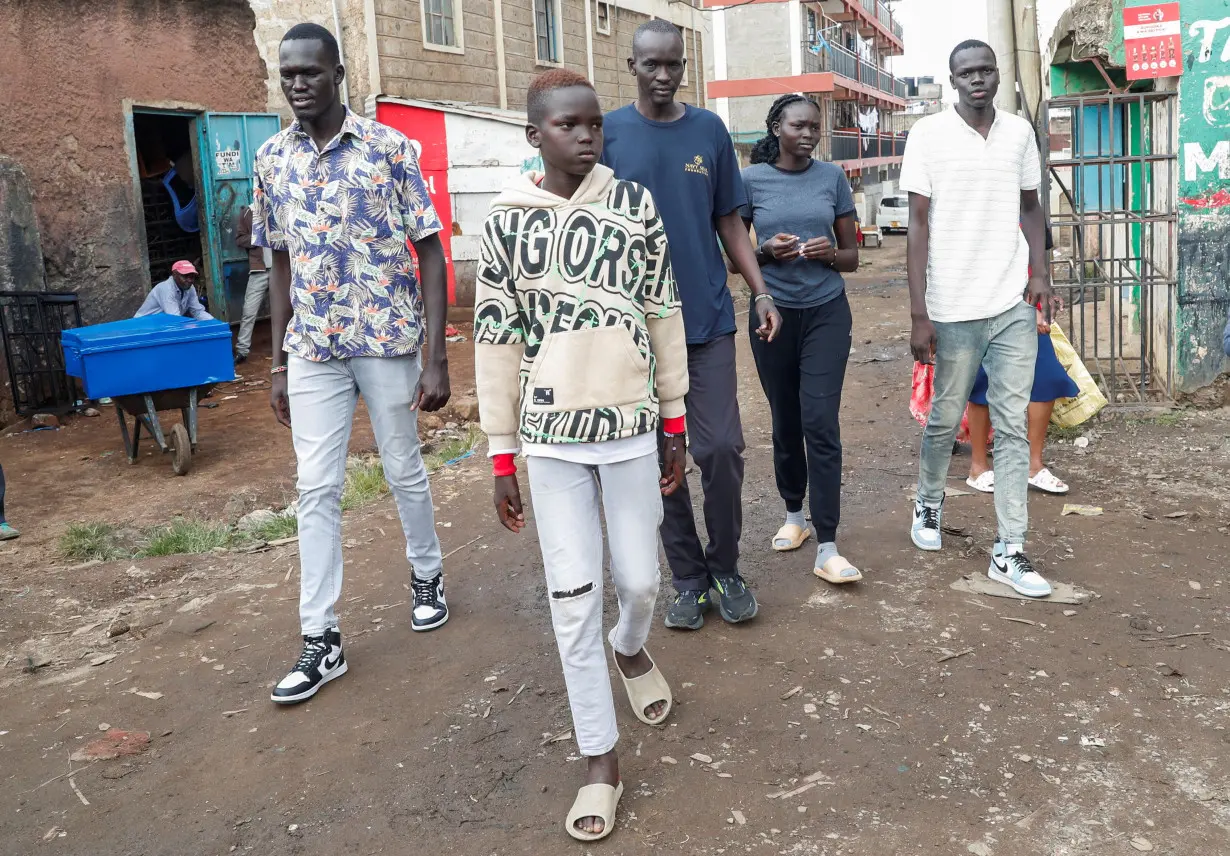
One niece is still missing. The remaining six - some of whom are now adults - live in Kenya and Uganda and receive support from Bol, who spoke with Reuters from Kenya on a recent visit. Together with colleagues and friends who formed a sponsorship group, he is hoping to bring his brother's children into the U.S. through the new program.
"I am their father now," he said.
RAMPING UP
The Biden administration first launched a private sponsorship program in January 2023, but those refugees were assigned to sponsors rather than chosen.
Only 85 refugees have entered through that program to date, State Department officials said, far below the goal of processing 5,000 refugees in fiscal year 2023.
State Department officials said numbers have been increasing and that they expect more applicants now that sponsors can choose who they want to bring into the country.
The timeline for refugees to arrive in the U.S. could be six months to several years, according to the Welcome Corps, and it remains unclear how many applications are pending.
To qualify under the new program, potential refugees must have been registered with the U.N. by Sept. 30, 2023, a cutoff meant to discourage people from leaving home just to participate.
Cubans, Haitians, Nicaraguans and Venezuelans may apply if they qualify for refugee status and had pending sponsorship applications through a separate Biden "parole" program.
Luwam Abraham, a 30-year-old who came to the U.S. from Eritrea as a child, hopes to use the new program to bring over six Eritrean family members currently in refugee camps in Ethiopia, she said.
Abraham, a director at a long-term care facility in Grand Rapids, Michigan, said she and her coworkers raised enough to cover the required sponsorship minimum of $2,425 per person.
Abraham said there are entry-level jobs available in Grand Rapids but it helps for new immigrants to have a personal contact to help navigate the language and culture.
"It's definitely a difficult transition," she said. "But you do see a bigger difference when it's somebody who has family or has somebody here to support them."
(Reporting by Ted Hesson in Washington and Mica Rosenberg in New York; Editing by Mary Milliken, Josie Kao and Rosalba O'Brien)

 Trump has begun another trade war. Here's a timeline of how we got here
Trump has begun another trade war. Here's a timeline of how we got here
 Canada's leader laments lost friendship with US in town that sheltered stranded Americans after 9/11
Canada's leader laments lost friendship with US in town that sheltered stranded Americans after 9/11
 Chinese EV giant BYD's fourth-quarter profit leaps 73%
Chinese EV giant BYD's fourth-quarter profit leaps 73%
 You're an American in another land? Prepare to talk about the why and how of Trump 2.0
You're an American in another land? Prepare to talk about the why and how of Trump 2.0
 Chalk talk: Star power, top teams and No. 5 seeds headline the women's March Madness Sweet 16
Chalk talk: Star power, top teams and No. 5 seeds headline the women's March Madness Sweet 16
 Purdue returns to Sweet 16 with 76-62 win over McNeese in March Madness
Purdue returns to Sweet 16 with 76-62 win over McNeese in March Madness
